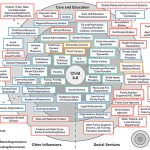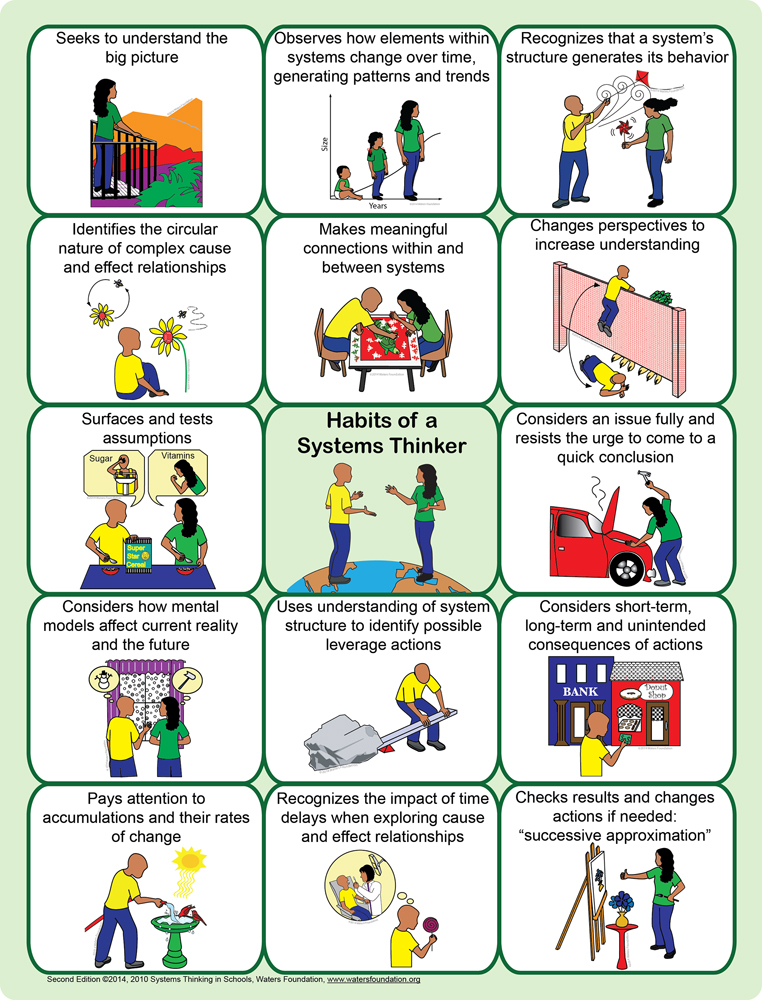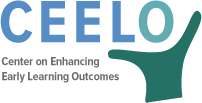 The Complex Early Childhood System
The Complex Early Childhood System
Early childhood education is both a system unto itself and a subsystem within the larger P – 20 education system. Operating at state and local levels, the early education system is more than the collection of multiple agencies, organizations, and programs connected to the K-12 public schools; it is about their dynamic interfacing with, connecting to, and influencing one another in an interdependent relationship. When a system has many complex interconnections such as public pre-K, Head Start, child care, early intervention, and others, a thorough understanding of how systems function assists in developing sustainable solutions that achieve meaningful results. This complexity is illustrated in a recent report examining the early care and education workforce, Transforming the Workforce for Children Birth Through Age Eight (IOM/NRC,2015)
 Systems Thinking
Systems Thinking
Systems thinking (Waters Foundation, 2018) is an approach that concerns an understanding of a system by examining individual components and their linkages and interactions that comprise the entirety of that defined system. It requires taking the “balcony view” or seeing the big picture in addition to all of the parts. Systems thinking utilizes habits, tools and strategies to develop an understanding of the interdependent structures of dynamic systems. Systems thinking habits can be acquired and many tools learned through tools and strategies. Effective early education leaders are familiar with how systems function and engage in systems thinking to better understand the big picture and leverage points leading to desired outcomes.
Resources
- Birth Through Age Eight Practitioners and Settings: Education and Care Sector (National Academy of Sciences) interactive systems map
- Theory of Aligned Contributions: A Primer (Pillsbury & Godard-Truitt)
- What is Systems Thinking? (Waters Foundation, 2017)
- Basic principles of systems thinking as applied to management and leadership (Institute for Systemic Leadership)
- The Habit-Forming Guide to Becoming a Systems Thinker (Waters Foundation, 2017)
- Comprehensive Early Childhood Systems-building: A Tool To Inform Discussions On Collaborative, Cross-Sector Planning (BUILD, 2013)
Activities
- Systems Thinking Toolkit (FSG)
- Systems Thinking Exercises/CEELO Roundtable (Waters Foundation)
- The Habit-Forming Guide to Becoming a Systems Thinker (Waters Foundation, 2017)
